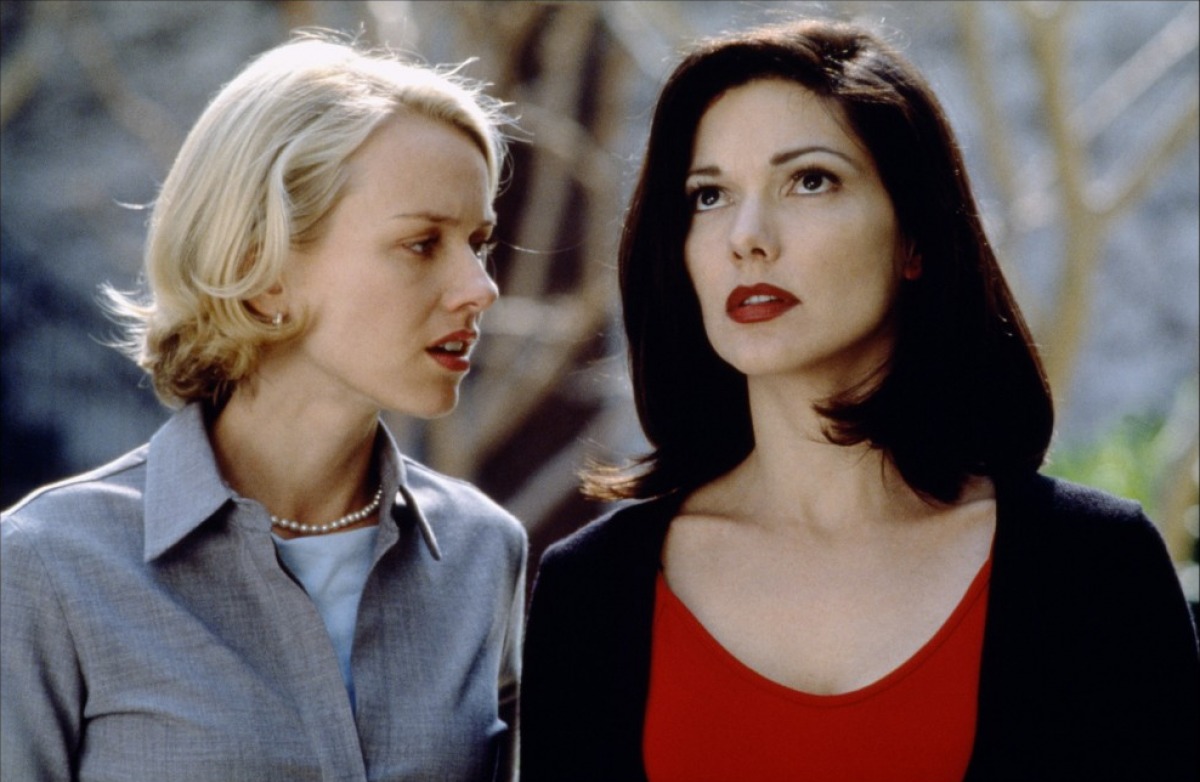
The crisis theme is so common for movies (or any narrative art form), and to make a ‘best of’ list for crisis films would mean to make a list of some of the most celebrated and well known movies ever made.
An identity crisis is something else altogether. The characters on this list do not only question who they really are – they question the reality of their experience and their own connection to their actions. Cinema takes a unique hold on stories of identity crisis because of its ability to connect the real and the fake, often without explaining where one ends and the other begins.
A fundamental aspect of this genre of sorts is the constant questioning of the unity of the mind. These characters often cannot connect different experiences into one cohesive identity – and thus what the viewer is subjected to are contradictory experiences, rather than a unifying consciousness.
Their question of “who am I?” does not relate a changing of what they hold themselves to be, it relates a collapse in the very idea of the self or, in some instances, such essential transformation that even the protagonist himself can’t connect the two of his egos.
This subgenre is of particular interest to the philosophy of cinema because what, if not the ability to connect different episodes into a whole, constitutes a cinema viewer? Perhaps that is why at least half of the movies on the list can be called meta-movies – if we understand how we perceive images in time, it should bring us closer to how we perceive our own experience in time.
15. Black Swan
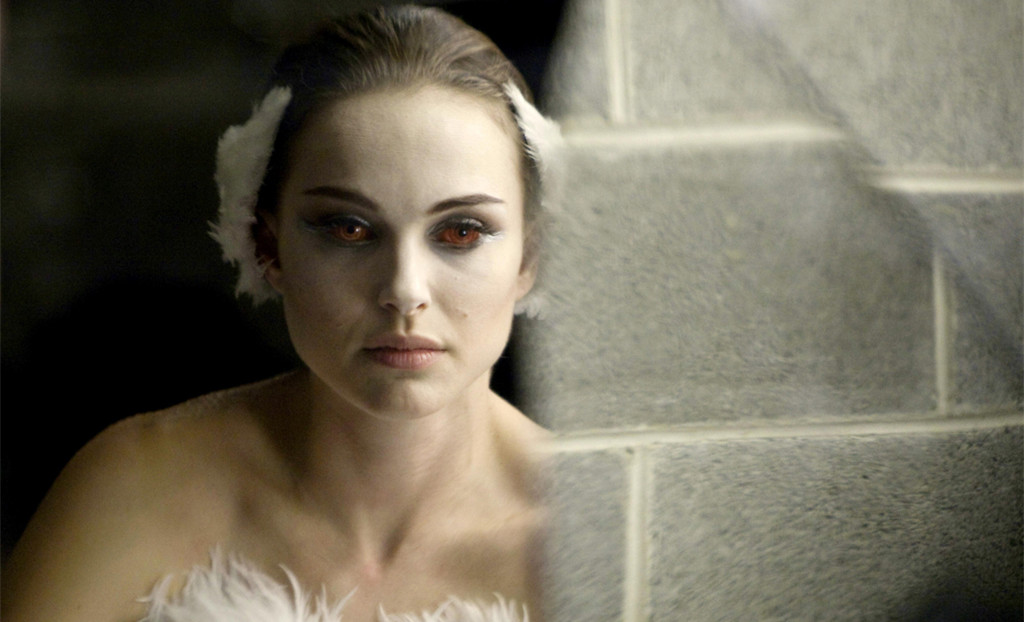
Nina Sayers is a confused character, to say the least. What starts out as her not being able to fully grasp or admit to herself her true, hidden emotions ends up with an absolute inability to distinguish fever dreams and real life. As in every great identity crisis movie, there remain at least a few unanswered questions, but it’s obvious her personality splits at least into two: the black swan and the white swan.
What prevents Darren Aronofsky’s feature from ending up higher on the list is its second half, which while switching the gear to full-on insane also switches from a psychological thriller into a horror movie, sometimes opting for simpler answers instead of more fulfilling ones.
14. Memento

While employing his character’s memory loss as a plot device, Christopher Nolan nevertheless asks us to value and revalue who he is. His backwards-told story is a perfect example of the inability to tie separate happenings together. Guy Pearce’s Leonard is on a quest for vengeance, but at the same time, through his notebook and tattoos, he’s figuring out how to live forever only in the present.
Perhaps the forever-reloading mind of Leonard is the perfect embodiment of an identity crisis. He is but actions and reactions, with little chance to ever steer himself out of the perpetual cycle of figuring out who he is exactly.
Today it’s slightly overshadowed by Nolan’s later work, but “Memento” remains his most intellectually challenging work (aside from perhaps “The Dark Knight”).
13. Take Shelter
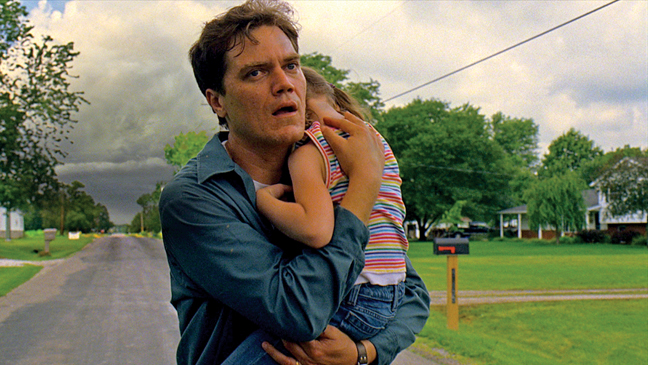
An addition to the list that’s sure to set off a controversy is without a doubt a crisis movie, though what that crisis is might be debatable.
Still the greatest work of one the most interesting new voices in American cinema, Jeff Nichols’ movie tells the story of Curtis, a young husband and father who is plagued by a series of apocalyptic dreams. There can be no doubt that Michael Shannon’s protagonist is moving beyond rational thought, his dreams and empirical experiences slowly becoming one and the same.
However, what stands out is the question of whether his visions of impending doom might be actually be true. For once, the crisis-having character has not lost himself, but is forced to reassemble what he is due to some great will he doesn’t comprehend. And with the whiff of apocalypse being a prevailing narrative of 2016, there might be more to Nichols’ story than meets the eye.
12. 3 Women
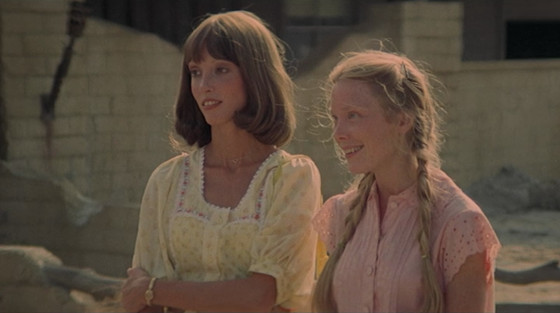
From the very first meeting between Millie and Pinky (whose real name is also Millie), it is clear that this is at least a “Single White Female” type of scenario. Of course, Robert Altman is no fan of choosing predictable routes, and the end product is infinitely more puzzling with the three women always switching their roles of the obsessed and the object of obsession.
As ever with Altman, the small details might be even more important than the obvious conflicts. Even though compared to “Nashville” of even “The Player”, “3 Women” is small-scope, it’s just as hard, if not harder, to crack open.
Who were the three women? Versions of one personality? Made-up figures to save the real one from her loneliness? Altman leaves us asking questions and the title itself might give a clue as to the answers, but in his vision of an identity crisis, the self is unrecognizably distraught.
11. The Machinist
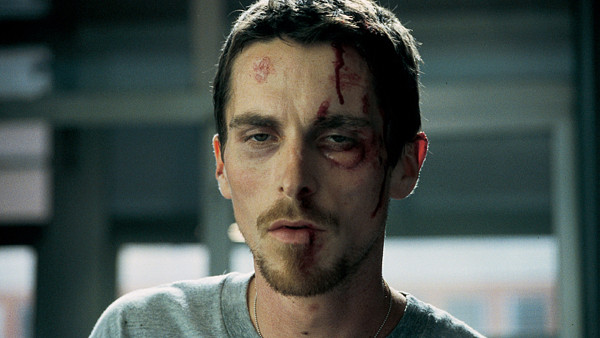
Known mostly for the fact that Christian Bale lost 60 pounds to play the lead, “The Machinist” is nonetheless is a prime example of a thriller using identity crisis as a narrative device.
Trevor hasn’t slept for a year. He’s no longer awake, but he’s also not asleep. Insomnia has withered him to a mere skeleton. Trevor feels completely isolated from his coworkers, and even more than that, he suspects one of them wants to harm him. He believes he can only trust himself in trying to survive, but his own deteriorating mind must rely on mere sticky notes.
While not as philosophical as a few other entries, Brad Anderson’s film is perfect at capturing the mind of someone isolated from everyone, including himself.
10. Dead Ringers
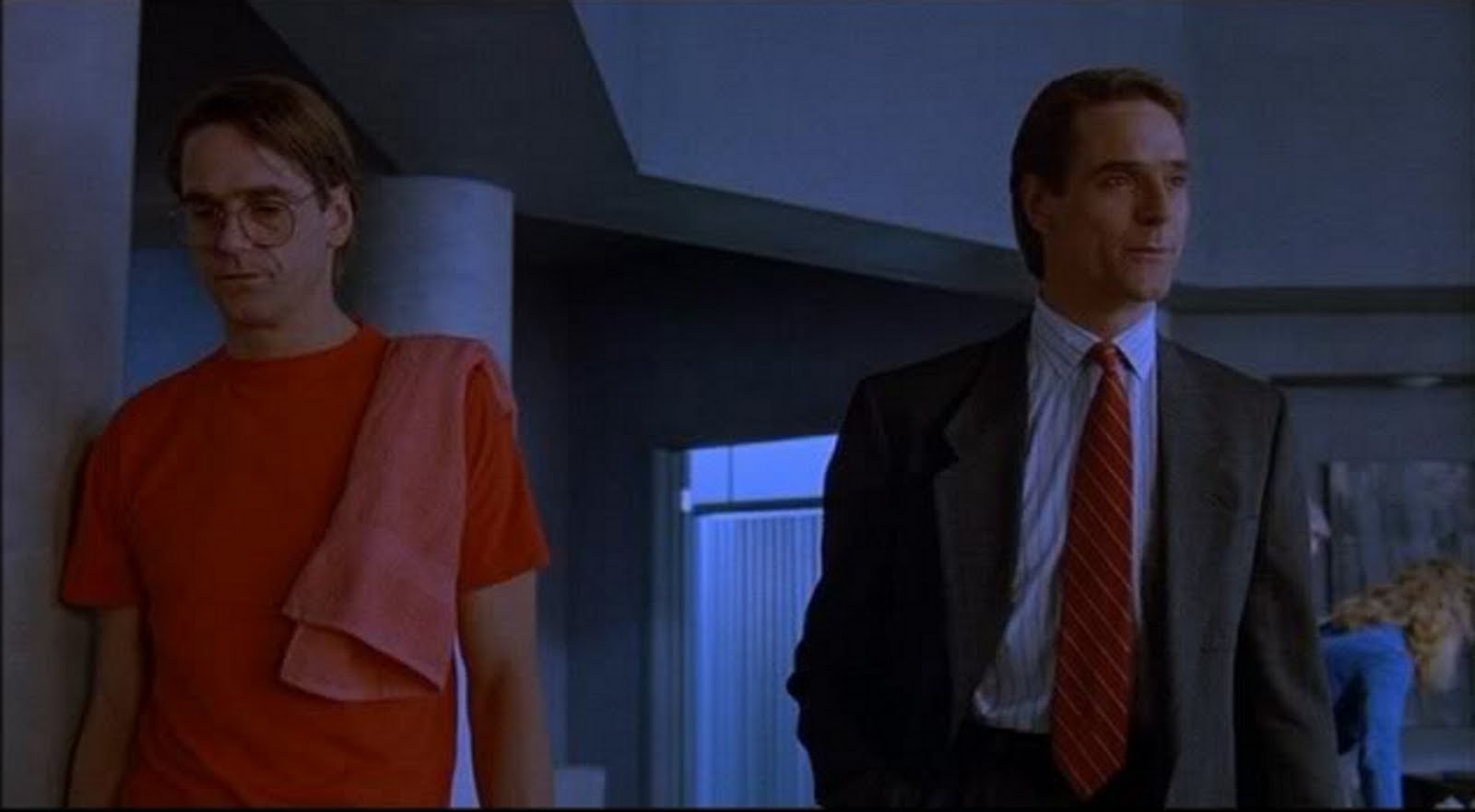
Trust David Cronenberg to provide an entry to any list of movies unable to separate the fake and the real. In fact, his “ExisteZ”, “Spider” or “The Fly” might well make an appearance here, if not for “Dead Ringers”.
A not-so-shocking tale, by Cronenberg’s standards, focuses on twin brothers who share their gynecologist work, their home, and their women. While outwardly identical, they differ in confidence – one being the womanizer that meets the women and brings them home, the other getting them passed on to him without him knowing.
A particularly odd entry, focusing on establishing one’s unique self when truly, one is not unique at all. To explain it thoroughly is to spoil the director’s mad story, but rest assured, this is as satisfying as any twin gynecologist love triangle movie you’ll ever see.
9. The Man Who Sleeps
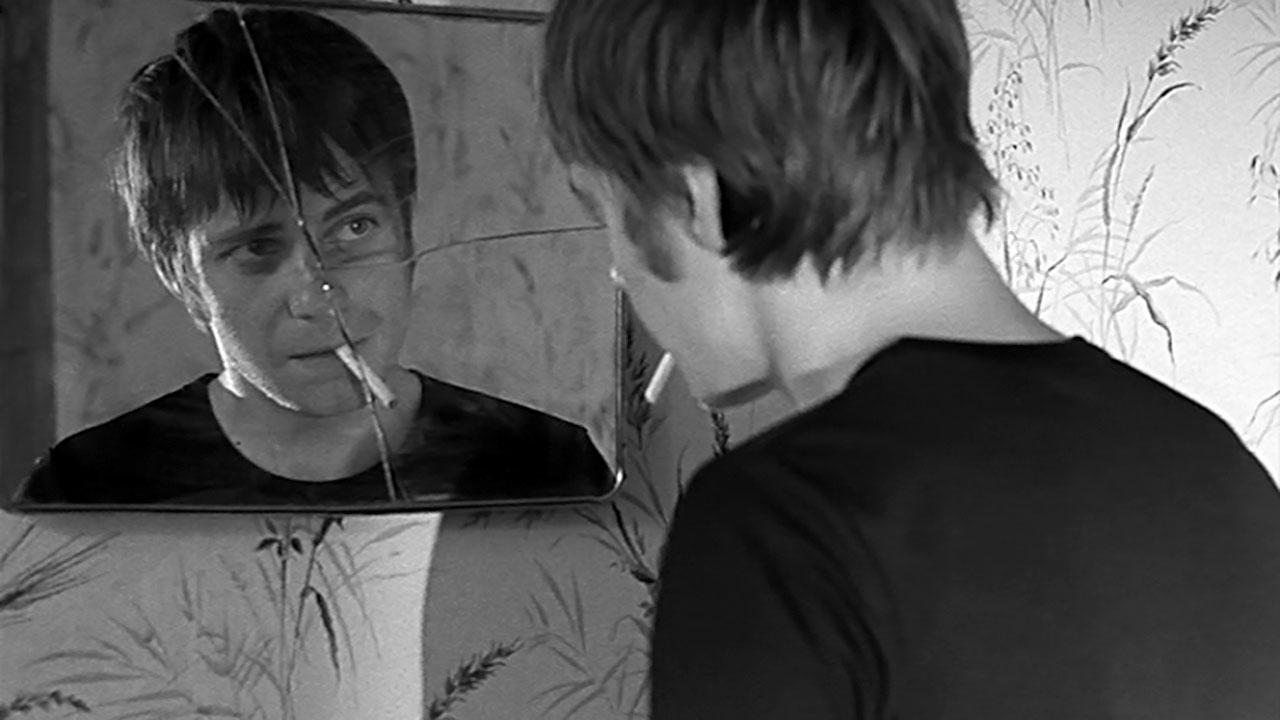
What in some ways might be simplest movie on the list, “The Man Who Sleeps” has very few of the usual identity crisis traits. Following the story of a mute man who has decided to withdraw from anyone and everyone, the film has no dream sequences, no contradictory storylines, no doubting one’s sanity. It is quite literally 77 minutes of a man being alone while Georges Perec’s novel is read in the voiceover.
And yet, there is something in this story of a lonely person that makes it feel like while losing the world around him, he has lost himself as well. The movie is decidedly fragmented, with no grand event, no tragedy, nor success ever happening. Every scene could be cut without losing the meat of the story and the narrative could have been told backwards, and almost nothing would change.
It is this decomposition of life that shows his identity crisis the most honestly. There is no movement anymore, and slowly any feature starts to fade. Is he still him, or is he someone else now? Does it matter? “The Man Who Sleeps” is the one movie on this list that will surely strike a chord with anyone who’s brave enough to watch it.